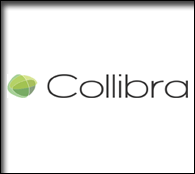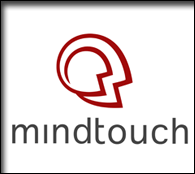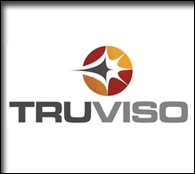Anything but ho-hum
by Eric Norlin on Jul.21, 2008, under conference topics, narrative/session descriptions
I’ve been reading a meme lately that goes something like, “tech has gotten boring,” and all I can say is “not in my world.” Sure, maybe if you’re obsessed with the valley-echo, things may seem a little ho-hum, but I’ve been working on the Defrag agenda, so I’m just damn excited!
To that end, I thought I’d start detailing the agenda a bit with both some informal thoughts from me, and some “official” session descriptions as they happen. So, let’s get on with some of the *interesting* things happening at Defrag:
1. “Strategic Intuition and Defrag“: Professor William Duggan is opening the conference with this session. I was introduced to Professor Duggan’s recent book (Strategic Intuition) via Phil Becker. Phil’s wife, Kathi, saw Bill speak at the University of Chicago and immediately recognized the value it held for the defraggy crowd. Professor Duggan’s research focuses on the process by which strategic decisions get made. He details his work through examples as diverse as Napoleon and the Buddha. When I picked up the book, it was a mere matter of paragraphs before I was seeing that the brain processes he details are one of the “big pieces” of what we’re trying to solve with regards to information overload.
We all know that too many tech conferences simply replay the same speakers all of the time. I’m incredibly excited to watch Bill’s talk frame things for us in a way that sets us all off on a different path, and immediately removes us from the “echo chamber.”
2. “Is the flow just too much? Lifestreaming at the edge”: Anyone who knows me knows that I’m impressed by Stowe Boyd’s brain. One of the big pushes around information overload is always how to “limit” things. Declaring “email bankruptcy” is a pretty common happening for folks that come back from vacation (or travel) to find 1000s of email messages, feeds, bits of news and tweets that haven’t been read. Hell, I’ve done it.
What fascinates me about Stowe’s thoughts are his immediate reactions against this surrender. He would rather take us the other way - claiming that perhaps our metaphors of work and living inside of this “flow” aren’t quite caught up to where the technology is trying to lead us. Could it be that we’re all just horribly behind the curve (or flow)? I’m not sure, but I know that Stowe will make us think, and I’m betting that he’ll start to open our eyes to how it is that re-imagining our metaphors around interaction can help to reshape the technologies and tools we’re dealing with.
3. “Fixing Foundational Information Channels — Email, Calendars, RSS, etc”: Following along the same lines as Stowe’s thinking, this session starts with the premise that something is broken in our foundations. Email imagines every message as a letter (a discrete object vs. a thread or networked send). Calendars are silo’d islands of non-interoperability that hearken back to days of paper and the rolodex. And RSS, new as it is, is still delivering us “object-oriented” feeds, and not contextually-driven usefulness. In all three cases, I admit to being completely lost. So, I went out and recruited some smart folks that I know you don’t normally hear from: Ilya from AideRSS, Yori from Timebridge, Deva from ClearContext, and Pete from Mailana. It will all be moderated by the always-on-the-ball, Jeff Nolan — and I can’t wait. Do you want to help us start re-framing the problems here? I hope so.
4. “Observing The Invisible Through Aggregating Information Tomography”: Yep, it is a mouthful. In fact, when Marty Betz (of FirstRain) came to me early on and said he wanted to present this topic, my only response was, “that’s great, but what the hell is it?” Marty went on to explain that much of what he works on is how to take “cross-sections” of information, and how using those cross-sections will unveil things in data that we can’t see by simply digesting one discrete bit (like, “so and so is now CTO of company X”). Once I got it, I immediately said “yes.” Come and find out how looking at information and data sets sideways can reveal things you’ve never seen before.
Now, I ask you: does any of that sound boring? Yea, I don’t think so either.
Come join us (and do so now to lock in the early bird rate).









